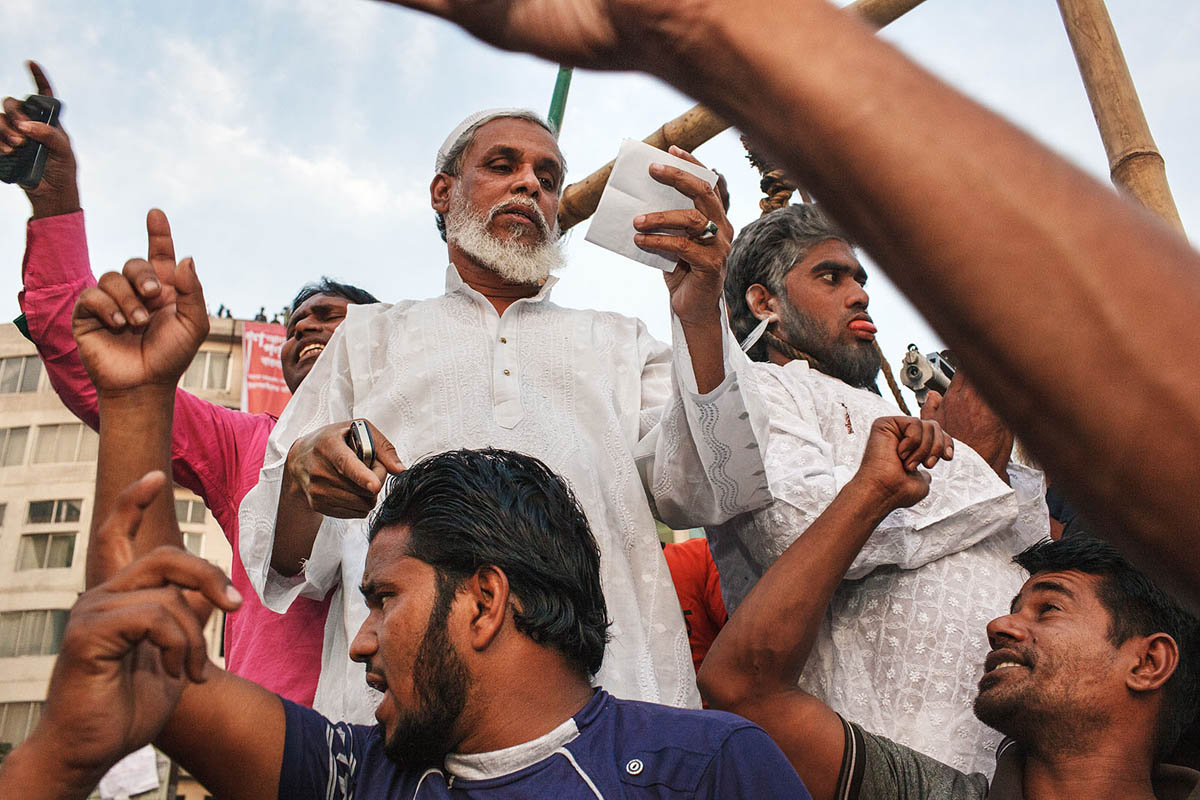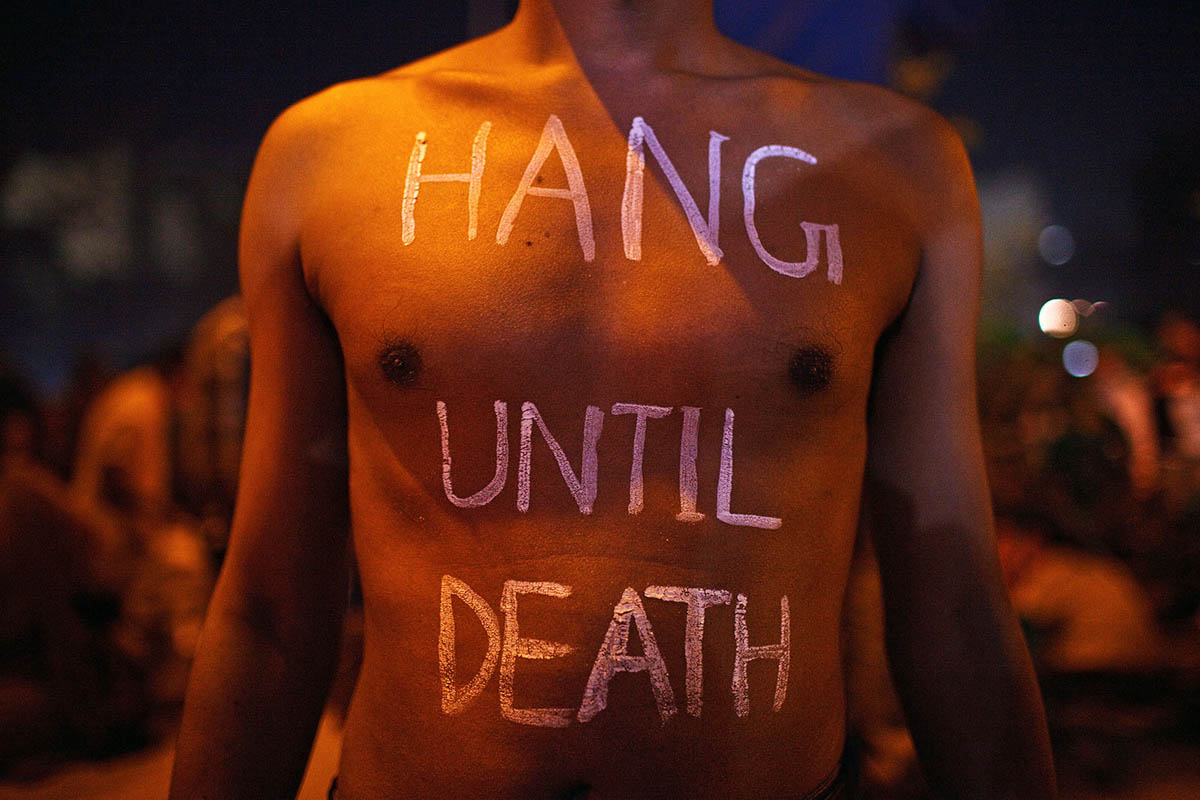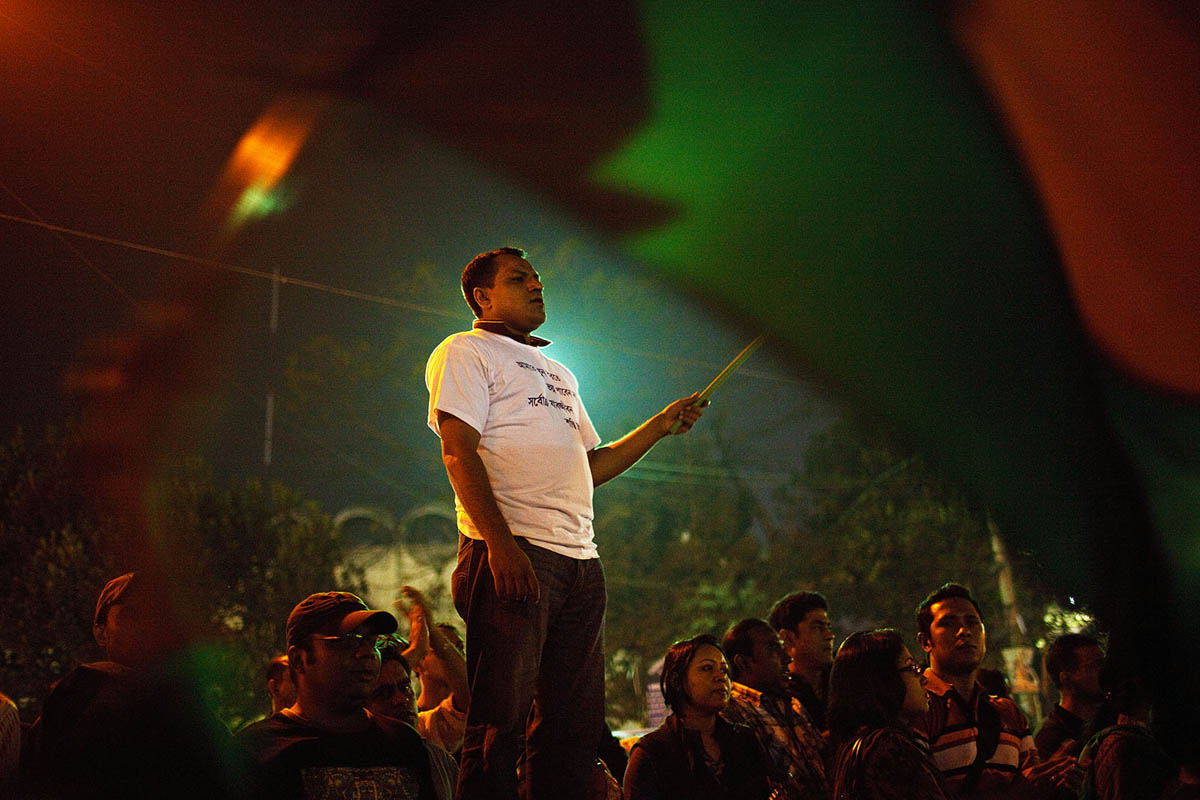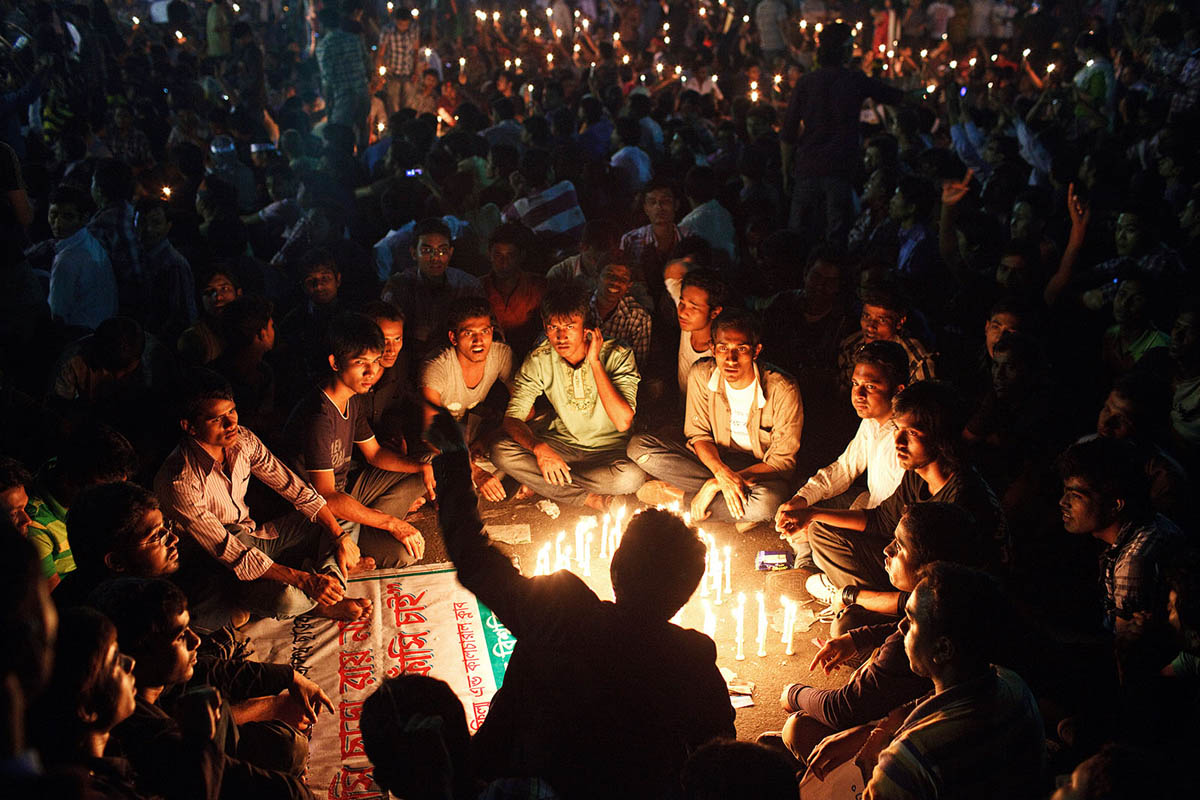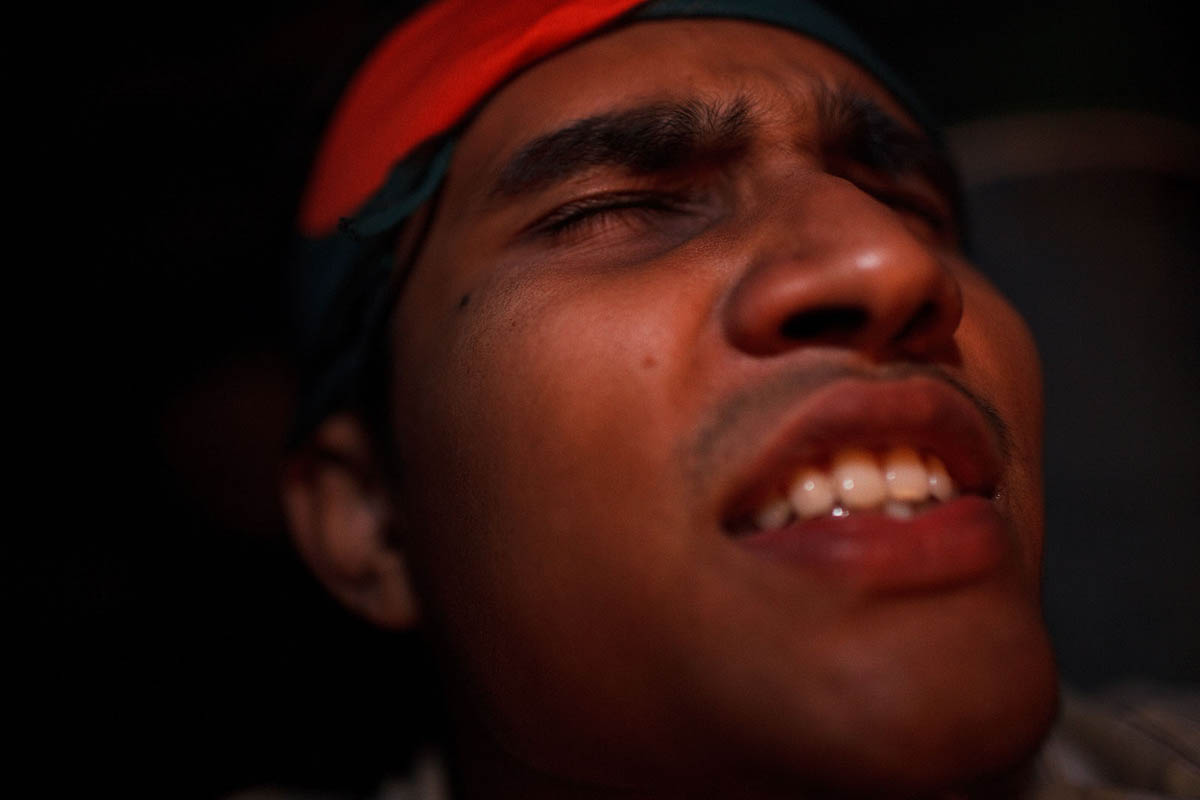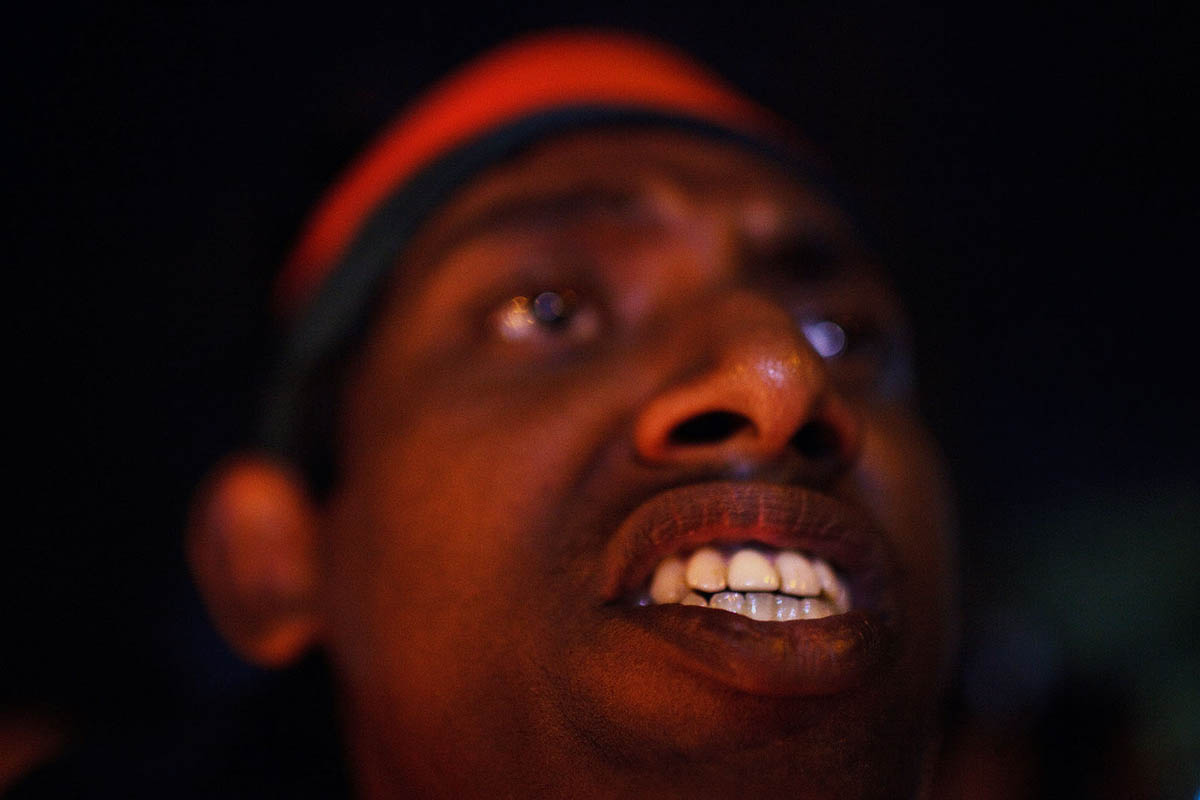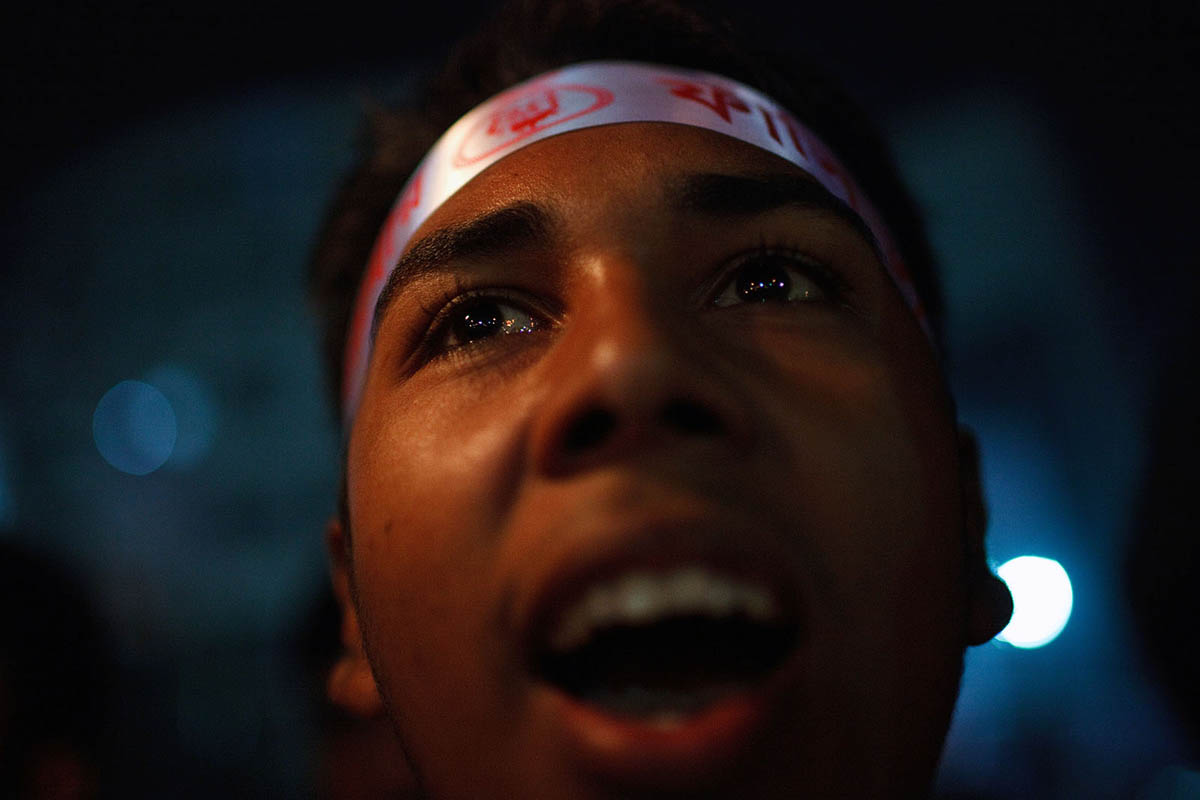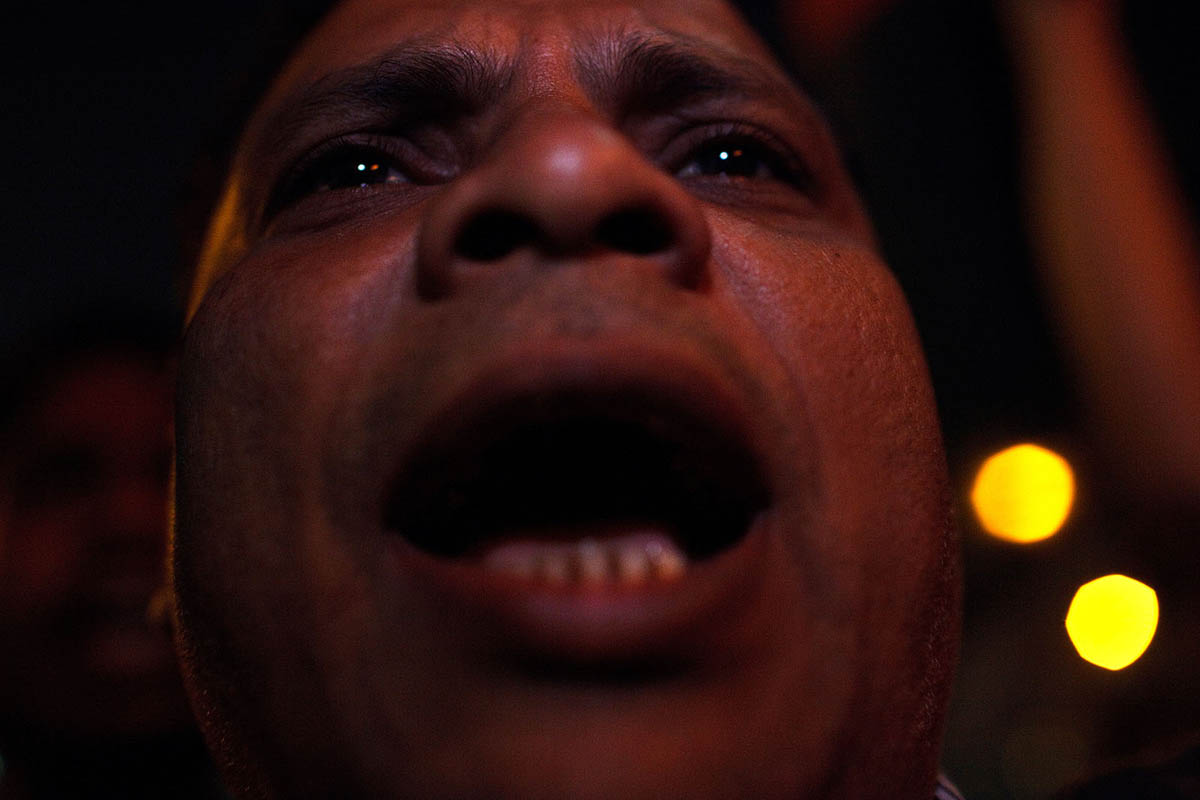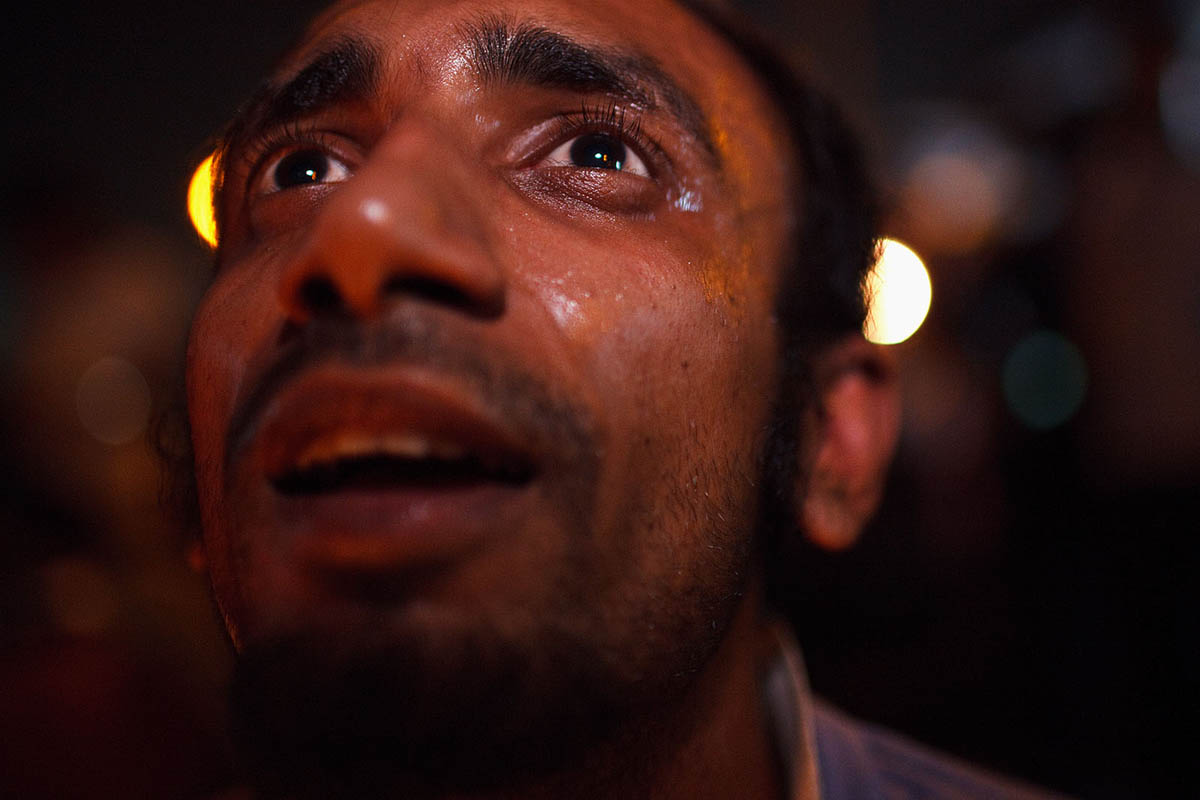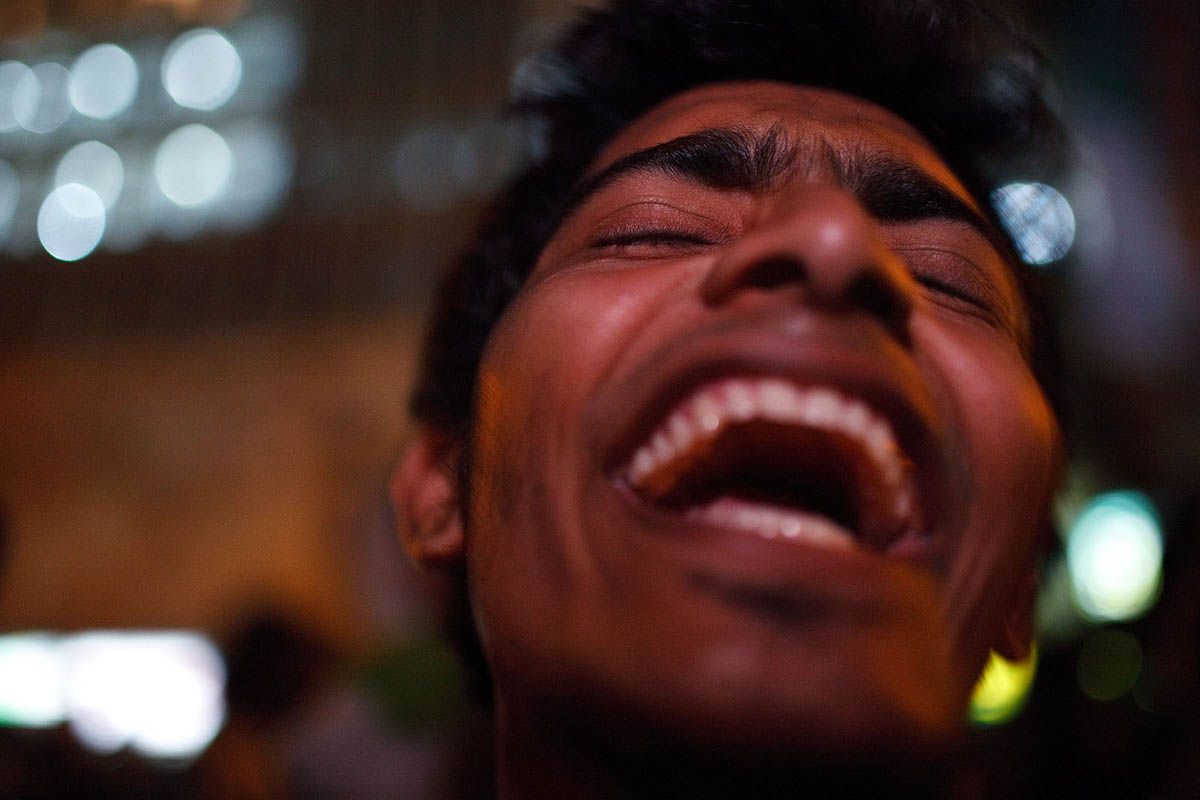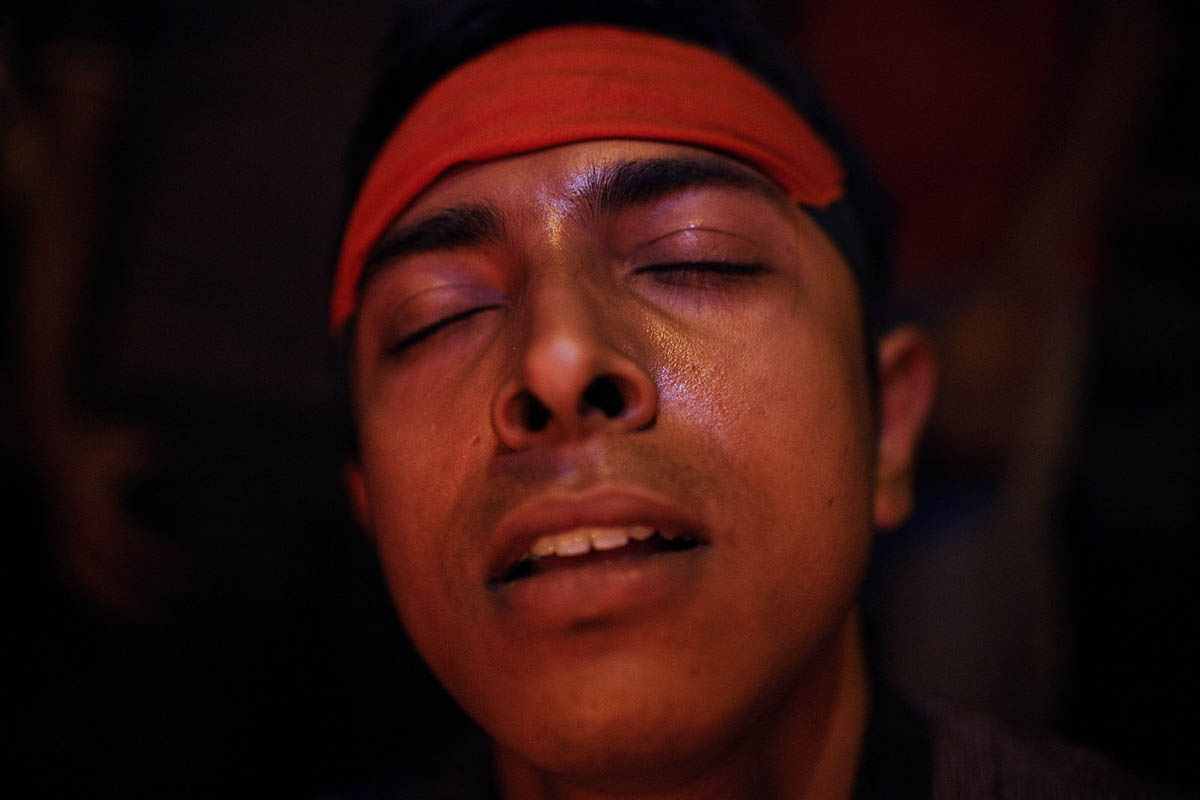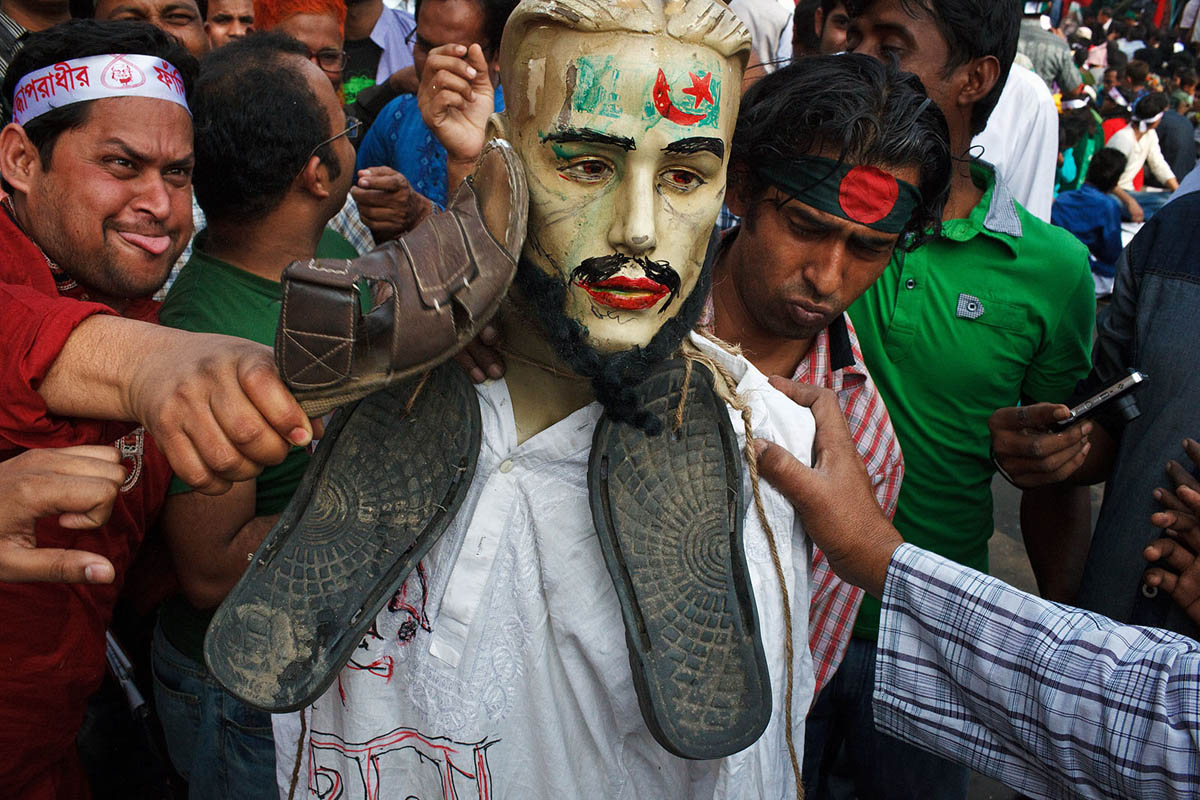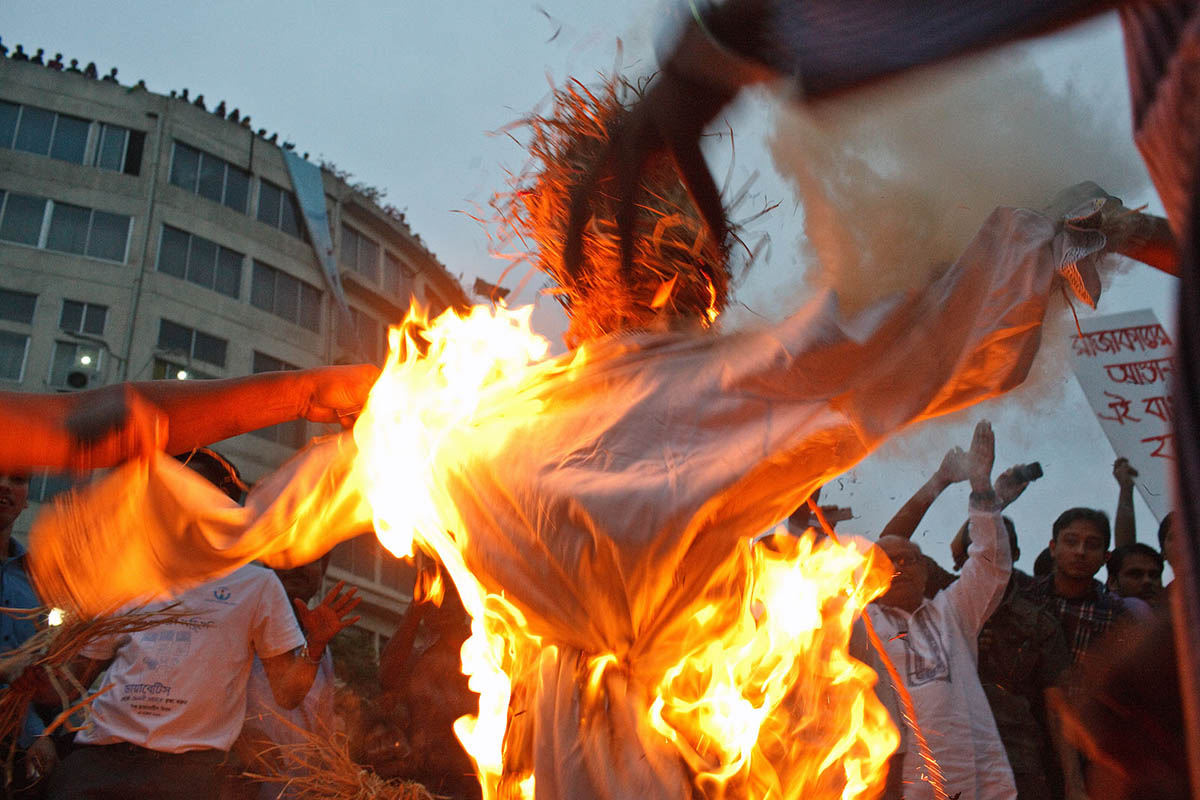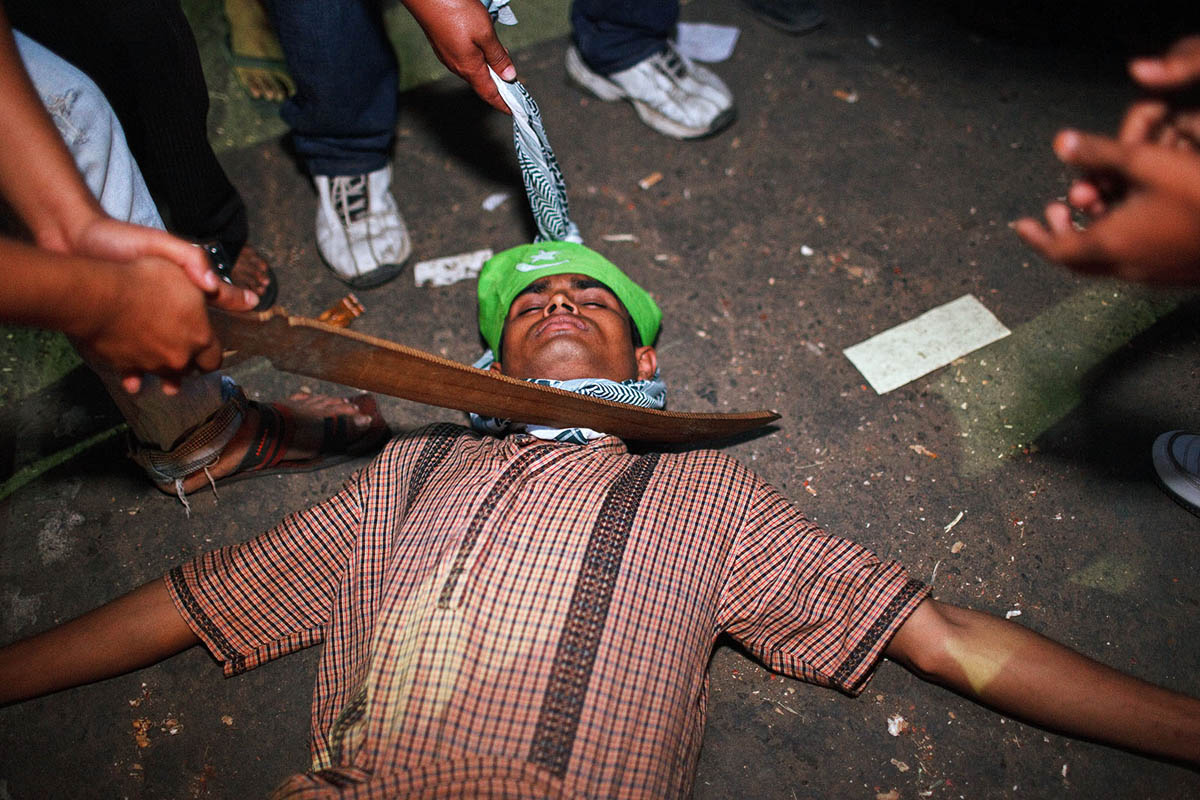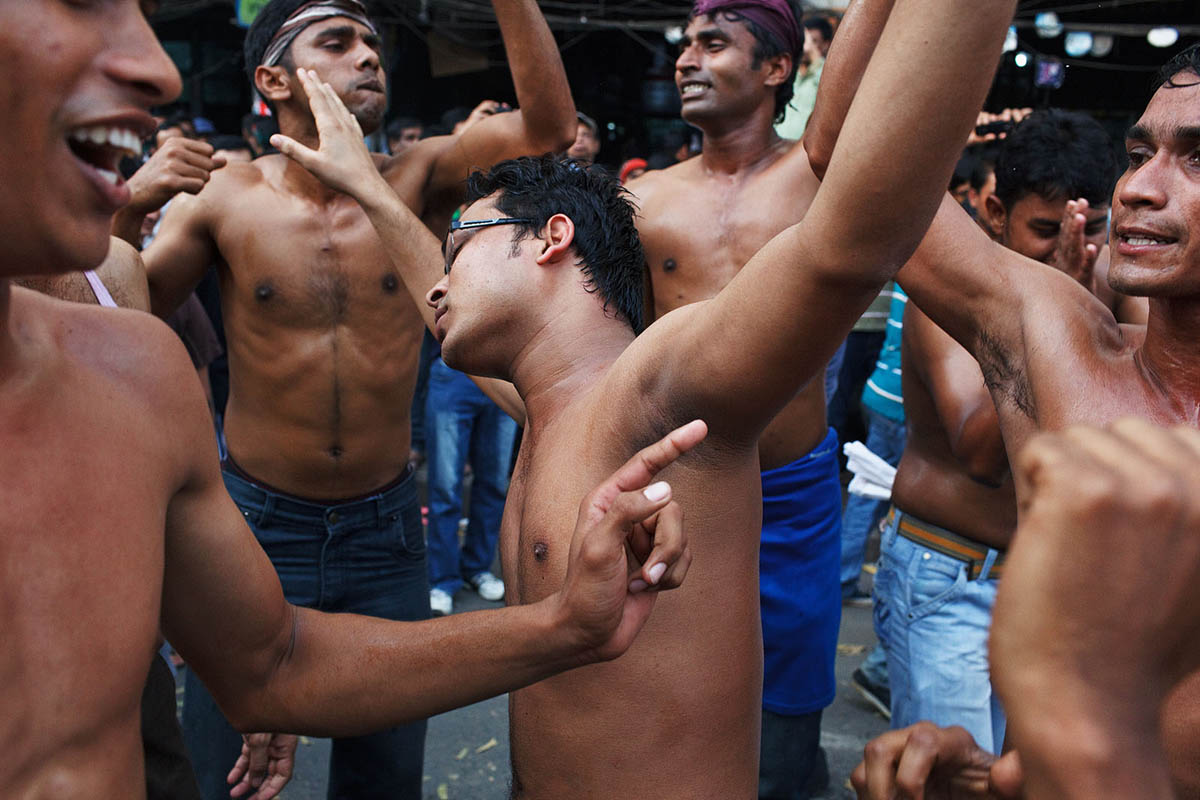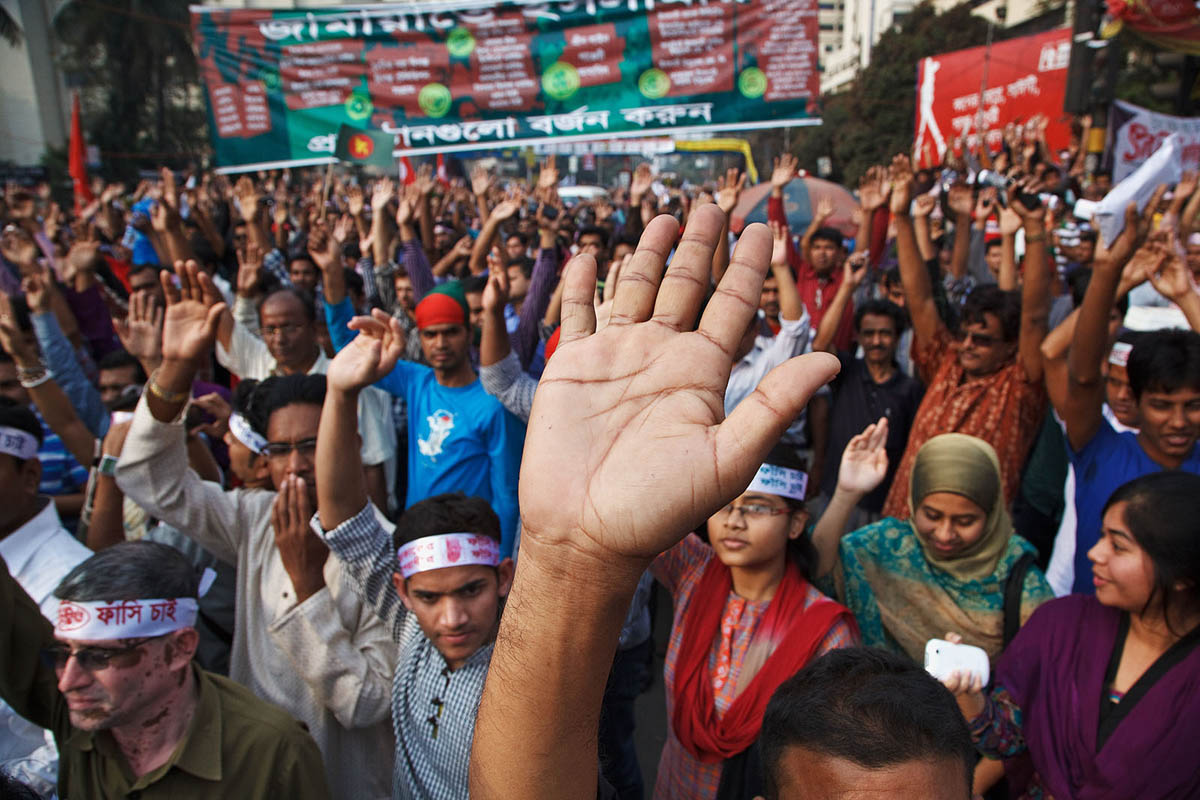The Shahbag (Shahbagh) protest began at the busy Shahbag intersection in Dhaka, Bangladesh on the 5th of February 2013. On that day, the International Crimes Tribunal had sentenced Abdul Quader Mollah, a leader of the Islamist Jamaat-e-Islami opposition party (the country’s largest Islamist party), to life in prison for his crimes against humanity committed during the 1971 Bangladesh Liberation War. During the war many of the current Jamaat-e-Islami leaders and members collaborated with Pakistan and fought against creating the independent Bangladesh. These Islamists were involved in a brutal campaign to quell the nationalist uprising. Their atrocities included widespread rape, systemic killings and a targeted push against Bangladeshi intellectuals. Pakistan was defeated and Bangladesh gained independence, but all these years after the war the Islamist party remains a important fixture in national politics with vast, lucrative business interests.
The life prison sentence led to widespread discontent in the country and a protest started at Shahbag intersection demanding changing the court verdict to capital punishment for Mollah. Online activists and bloggers supported the first outburst of the protest and called for a mass support for the demonstration and that day thousands people joined the protest site at Shahbag intersection. The movement quickly spread to other parts of Bangladesh and the demands were widened to capital punishment for all convicted of war crimes and banning the Jamaat-e-Islami party from politics. Protesters also called to boycott and delegalise institutions and businesses supporting or affiliated with the party.
Since the beginning of protests, thousands of people were holding 24 hour vigils at Shahbag, day and night, chanting slogans, singing songs, staging performances and burning candles. They said they refused to leave until all their demands were met and those convicted of war crimes would be going to be executed. The demonstration put pressure on the government and on the 12th of February the International Crimes Tribunal Act was amended so that convicted war criminals could be swiftly executed if convicted. Also a bill was being drafted to ban Jamaat-e-Islami from Bangladeshi politics. However, it was only a beginning of a story that is still developing in Bangladesh and the political situation in the country is very difficult. The Jamaat-e-Islami is fighting for its political survival and there is unrest, strikes, protests and acts of violence across the country on a daily basis.
